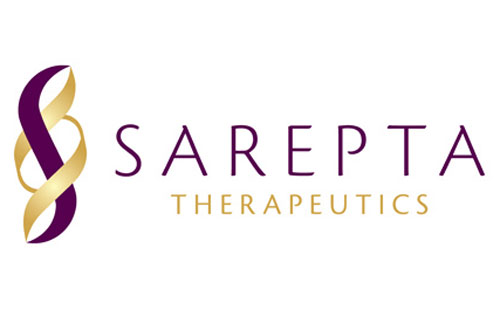
Sarepta Therapeutics has announced that the US Food and Drug Administration (FDA) had delayed its accelerated approval decision on the company’s Duchenne muscular dystrophy (DMD) investigational gene therapy by a month.
The regulator, which said it needs more time to complete the review, is now expected to make its final decision for the use of SRP-9001 (delandistrogene moxeparvovec) in ambulatory DMD aged four to five years on 22 June this year, rather than the originally proposed 29 May date.
DMD is a rare and inherited X-chromosome-linked disease that results in the lack of dystrophin protein, which is required to strengthen and protect muscles.
Over time, this causes progressive loss of muscle strength, with most patients requiring full-time use of a wheelchair by their early teens. Eventually, increasing difficulty in breathing due to respiratory muscle dysfunction requires ventilation support, and cardiac dysfunction can lead to heart failure.
The disease almost exclusively affects males, occurring in approximately one in every 3,500-5,000 newborn males worldwide.
SRP-9001 is designed to address the underlying cause of DMD through the targeted production of functional components of dystrophin in muscle tissue.
The therapy was recommended by an FDA panel of experts earlier this month, with the Cellular, Tissue and Gene Therapies advisory committee voting eight to six in support of SRP-9001 in the proposed patient population.
The committee’s positive vote was “based on the evaluation of the totality of evidence including the SRP-9001 product design as well as biological and empirical data,” Sarepta said.
The company’s fully enrolled phase 3 EMBARK trial is the proposed confirmatory study of SRP-9001 and the FDA has also informed Sarepta that, if the study meets its objectives, the agency “intends to entertain a non-age-restricted expansion of the SRP-9001 label”.
In November last year, Sarepta and partner Hansa Biopharma AB announced plans to initiate a clinical study to assess a pre-treatment to SRP-9001 in patients with pre-existing IgG antibodies, which can be a barrier to treatment.
Imlifidase has already demonstrated an ability to reduce pre-existing IgG antibodies to rAAVrh74 in preclinical work conducted by the two companies, allowing for safe and successful administration of SRP-9001.




